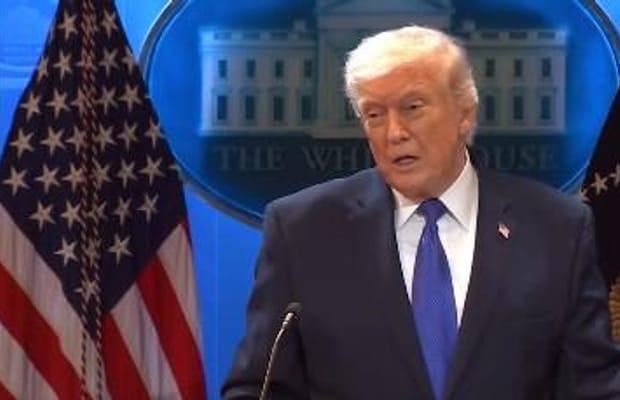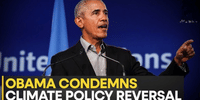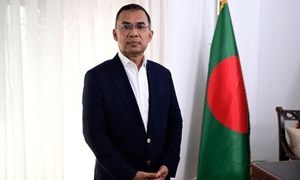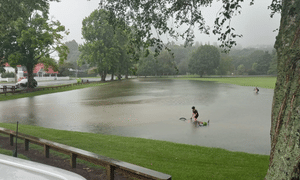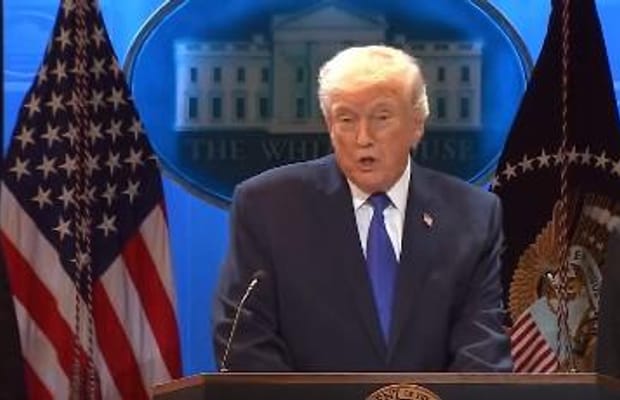
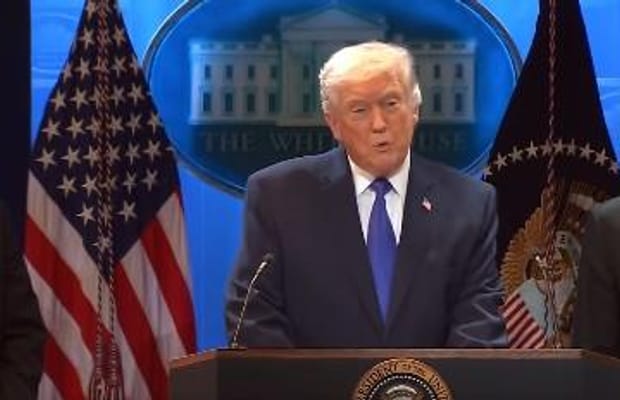
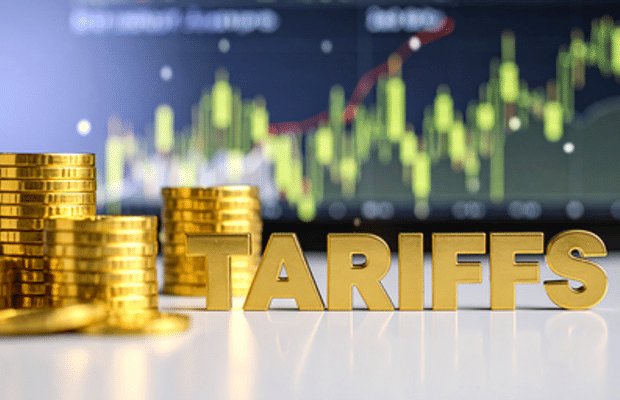
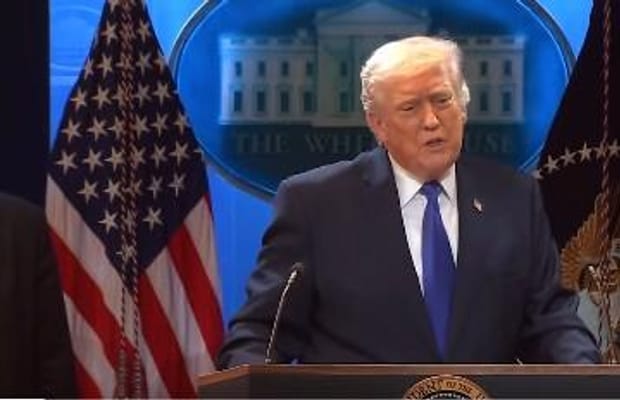
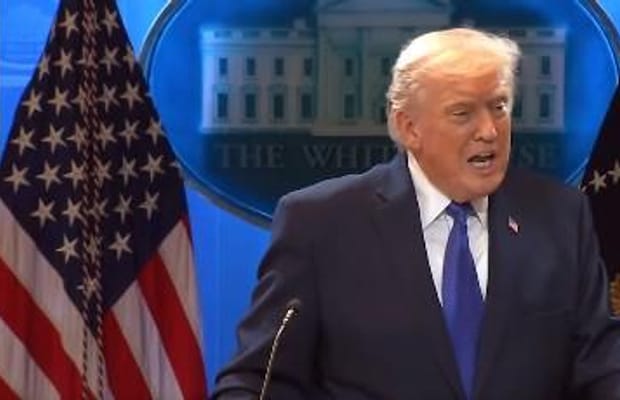
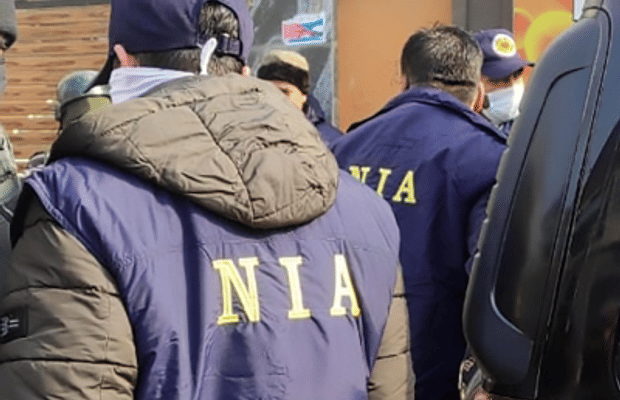
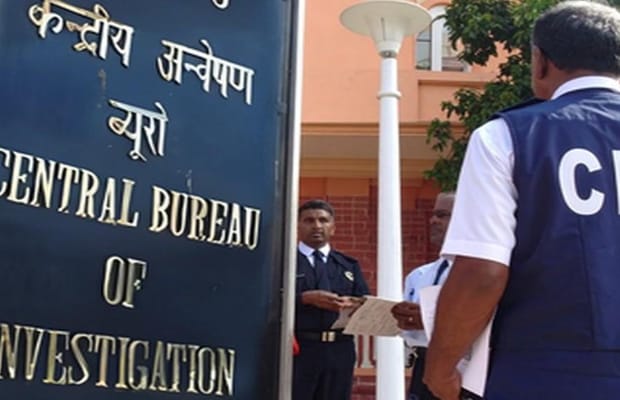

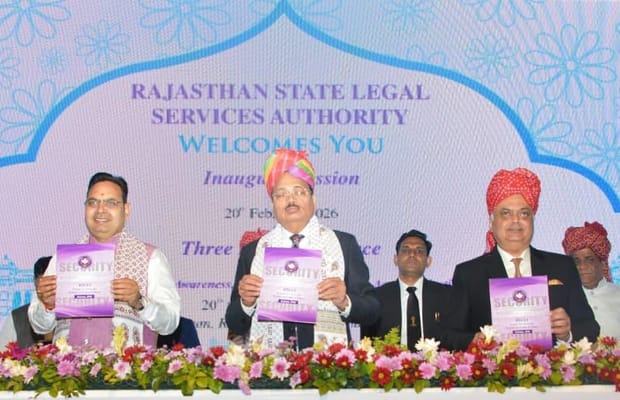
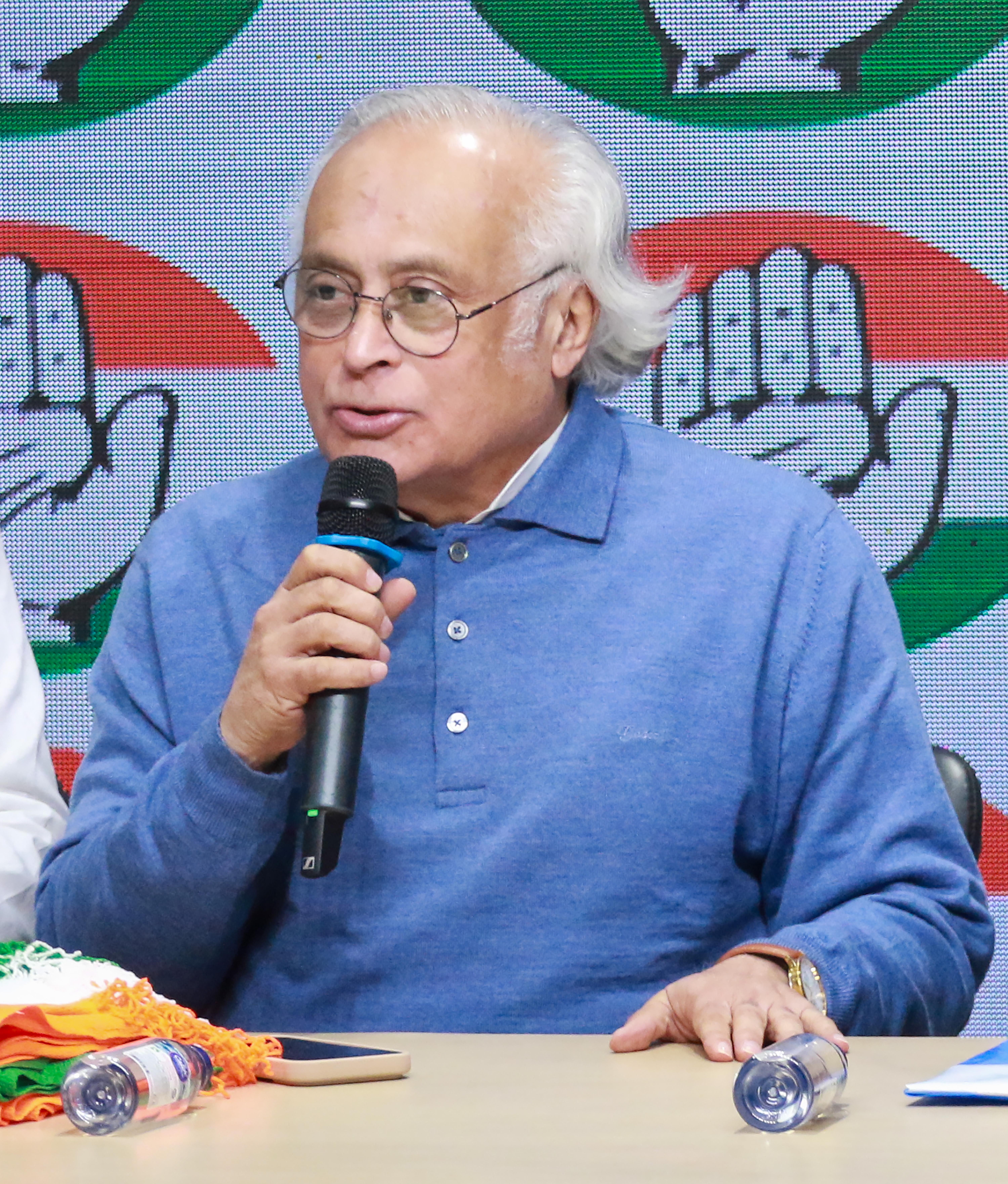
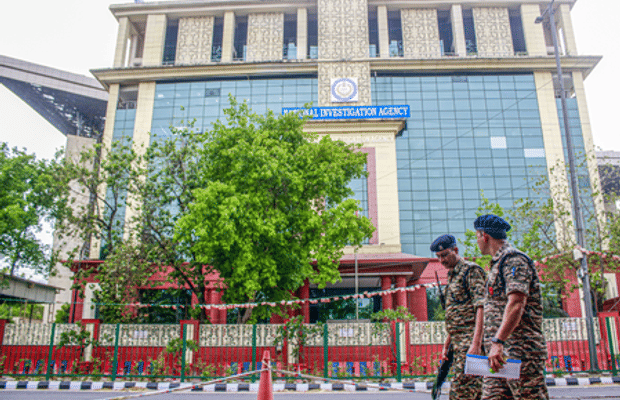
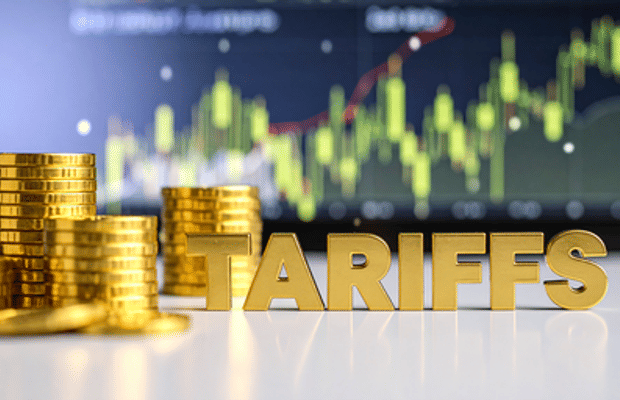
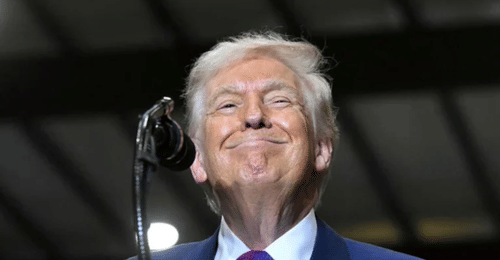
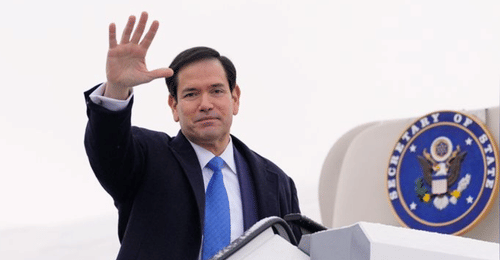
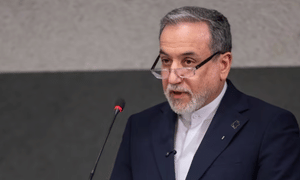
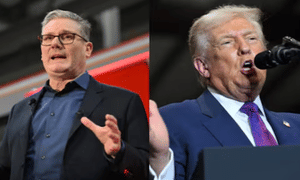


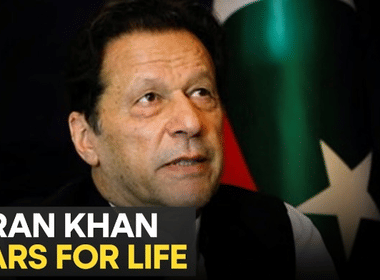
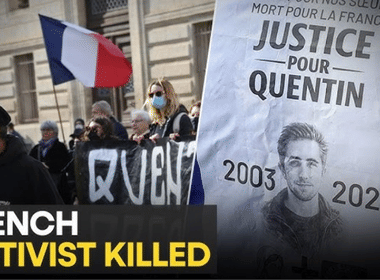




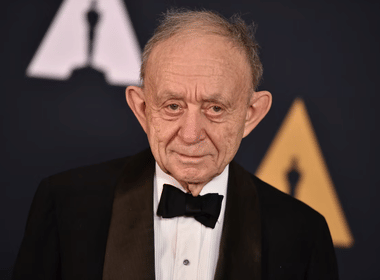

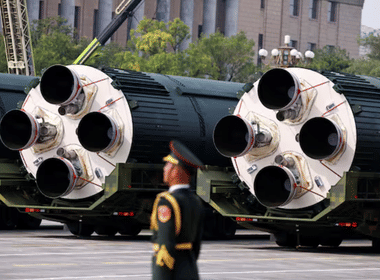
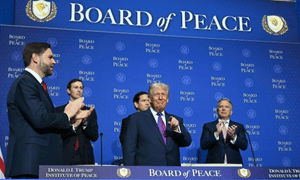
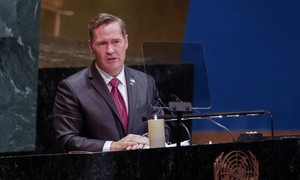


The Chief of the Army Staff (COAS), General Upendra Dwivedi, completed an official visit to Australia from February 16–19, aimed at advancing India-Australia defence cooperation and strengthening strategic alignment, according to the Indian Army. During his visit, General Dwivedi engaged extensively with senior Australian Defence Forces leadership to review existing bilateral initiatives and explore ways to expand army-to-army collaboration. Key discussions focused on increasing the scale and complexity of joint exercises, enhancing professional military education exchanges, and promoting greater interoperability between the two forces.
In Sydney, he met with leaders of Forces Command (FORCOMD), Special Operations Command (SOCOMD), and the 2nd Division of the Australian Army, exchanging perspectives on operational readiness, training methodologies, and evolving military concepts. Particular emphasis was placed on the bilateral Army Exercise AUSTRAHIND, with both sides committing to enrich the next edition in India in 2026.
In Canberra, General Dwivedi was welcomed with a ceremonial Guard of Honour and held in-depth discussions with Lieutenant General Simon Stuart, Chief of the Australian Army. Drawing on their shared experience as alumni of the US Army War College (Class of 2015), the Chiefs reaffirmed their commitment to institutional linkages and expanding cooperation. A roundtable at Australian Defence Forces Headquarters reviewed force modernization, emerging technologies, and future operational environments.
The COAS also addressed officers at the Australian Command and Staff College and met with leadership at the Australian Defence College, emphasizing adaptive leadership, joint operations, and multinational cooperation in addressing contemporary security challenges. He held high-level meetings with the Chief of Defence Forces, the Defence Secretary, and reviewed Australia’s integrated operational framework at Headquarters Joint Operations Command (HQJOC), gaining insights into joint planning and execution.
The visit included a wreath-laying at the Australian War Memorial to honor fallen soldiers and reflect on the shared legacy of service between the two nations. General Dwivedi also met with Indian defence veterans in Australia, reinforcing ties between the Indian Armed Forces and its global veteran community. The statement noted that the visit has invigorated India-Australia defence relations, strengthened professional ties at the highest military levels, and highlighted the shared commitment of both nations to peace, stability, and security in the Indo-Pacific region.
Disclaimer: This image is taken from Indian Army.

Russian forces in Ukraine are encountering major communication challenges due to both restricted access to Elon Musk’s Starlink internet system and a Kremlin crackdown on the Telegram messaging app. The sudden disruptions have hindered frontline operations, according to complaints on pro-Russian military channels, which have been confirmed by Ukrainian and European diplomats and analysts. This comes as Kyiv’s forces reportedly continue to inflict heavy losses on Russian troops.
Earlier in February, Elon Musk stated that SpaceX had successfully blocked “unauthorized use of Starlink by Russia,” cutting off terminals that had been smuggled into the country and deployed for military communications and drone operations. Ukrainian Defense Minister Mykhailo Fedorov confirmed that authorized terminals used by Ukraine remained operational and thanked SpaceX for its timely support.
On February 10, Russia’s communications regulator, Roskomnadzor, imposed new restrictions on Telegram for failing to comply with national data laws, angering many Russian soldiers who rely on the app for battlefield communication. Senior European diplomats told Bloomberg that these disruptions have had a notable impact. A NATO official noted that some of Ukraine’s recent tactical successes were made possible because Russian troops lost access to Starlink. Analysts from the Institute for the Study of War said Ukrainian counterattacks in recent days likely benefited from these disruptions, particularly as Russian drone operations have been slowed, limiting their ability to strike at previous levels.
Analyst David Kirichenko of the Center for European Policy Analysis emphasized the importance of Starlink, noting that drones, which account for around 60% of battlefield fire damage, are heavily affected by the service loss. Ukraine’s intelligence reports indicate that Russia was using thousands of Starlink terminals at the front. Kyiv also warned that Russian forces pressured Ukrainian relatives of prisoners of war to register terminals on their behalf to bypass restrictions. President Volodymyr Zelenskiy acknowledged Russia would seek alternatives but affirmed Ukraine would attempt to block them. Ukrainian authorities have urged citizens to report any attempts to recruit them for registering blocked terminals.
Pro-Kremlin figures have publicly admitted the impact. Blogger Yuriy Podolyak described the Starlink shutdown as causing “chaos” in communications, while military correspondent Alexander Sladkov said the Telegram restrictions were “burying command and control capabilities.” The disruption coincides with Russia’s effort to push citizens toward its government-backed messaging app, Max, which critics say lacks proper security safeguards. The Russian Defense Ministry confirmed the Starlink shutdown but claimed domestic communications systems were unaffected, with Valery Tishkov of the army’s Main Communications Directorate stating that combat control systems remain operational.
These difficulties come at a challenging moment for Russian frontline troops, as Western assessments suggest the country is losing more soldiers than it can replace. New recruits are often inexperienced and poorly trained, worsening operational effectiveness. Ukraine reported 35,000 Russian KIA in December and 30,000 in January, higher than the 2025 monthly average of 25,000, with recent losses exceeding replacement numbers by about 9,000.
British Defence Secretary John Healey noted that growing casualties have made Russia increasingly reliant on foreign fighters from countries including India, Pakistan, Nepal, Cuba, Nigeria, Senegal, and North Korea. Healey also said that in some areas of the front, Russian losses may now be as high as 25 soldiers for each Ukrainian casualty. Russian officials rarely release official casualty figures, with President Putin and top generals maintaining that Russian fatalities are lower than those suffered by Ukraine.
Disclaimer: This image is taken from Bloomberg.
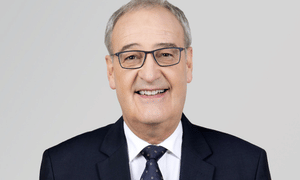
Guy Parmelin voiced strong support for India’s vision of building a safe, inclusive, and impactful artificial intelligence ecosystem, highlighting shared priorities of human-centric, sustainable, and fair AI development during the India AI Impact Summit 2026. In an interview, Parmelin praised the summit’s guiding themes—People, Progress, and Planet—emphasizing that AI should benefit everyone globally while promoting economic growth, social advancement, and environmental sustainability. He acknowledged India’s rapid rise as a major force in AI research and innovation and expressed Switzerland’s interest in strengthening collaboration, noting the presence of Swiss startups at the summit exploring partnerships with Indian counterparts.
He stressed that both Switzerland and India are committed to ensuring AI serves the public good by supporting inclusive growth, sustainability, and societal benefit. Parmelin also highlighted the importance of joint efforts in shaping international rules and agreements for AI governance, with close cooperation between the two countries playing a key role.
According to him, the principles established at the summit—such as developing human talent, expanding access, ensuring trustworthy and energy-efficient AI, promoting scientific use, democratizing AI resources, and driving economic and social progress—will help guide global cooperation. These ideas are expected to contribute to upcoming international discussions, including a United Nations dialogue in Geneva and future global meetings hosted by Switzerland.
Parmelin also noted that the India-EFTA Trade and Economic Partnership Agreement has improved market access for Swiss exports, machinery, chemicals, and financial services, while making it easier for Swiss specialists to work temporarily in India. He further emphasized Switzerland’s active role in global AI governance, including its leadership in creating the first legally binding international AI treaty under the Council of Europe, and encouraged India to participate more closely in such initiatives. He concluded by reaffirming Switzerland’s commitment to working with India to advance responsible, transparent, and inclusive AI development worldwide.
Disclaimer: This image is taken from Swiss Govt.
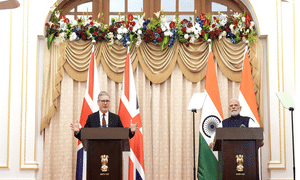
Senior ministers from the United Kingdom have arrived in New Delhi to attend the India AI Impact Summit 2026, highlighting artificial intelligence as a key driver of economic expansion, public sector transformation, and international collaboration. The UK delegation is led by Deputy Prime Minister David Lammy and AI Minister Kanishka Narayan, who will hold strategic discussions and bilateral meetings aimed at deepening technological cooperation between the UK and India.
The summit builds on earlier global AI events held in Bletchley, Seoul, and Paris, and will examine how AI can reshape societies, promote sustainable progress, and ensure inclusive development. UK officials plan to showcase AI’s potential to boost innovation across sectors such as healthcare, education, local government, and business-helping doctors diagnose faster, enabling personalised education, and improving efficiency in public services.
Strengthening collaboration with India remains central to Britain’s science and technology strategy. Both nations are investing in cutting-edge fields such as advanced battery systems, improved telecommunications for rural areas, and genomic medicine targeting rare diseases. During the summit, Lammy will participate in discussions on using AI to promote social inclusion and reduce inequality, as well as join a panel on expanding opportunities through global languages. He is also expected to announce new UK backing for the Asian AI for Development Observatory, which supports responsible AI innovation and governance across South and Southeast Asia.
Lammy emphasised the UK’s leadership in AI innovation, noting that the country continues to attract global investment and talent. He described the summit as a critical opportunity to work with international partners to maximise AI’s benefits while ensuring strong and fair safety standards. He added that the visit aims to turn ambition into tangible outcomes, including job creation, investment, and stronger partnerships benefiting both countries and beyond.
Narayan will also visit Bengaluru, often called India’s Silicon Valley, to observe joint technology initiatives. He highlighted AI’s potential to transform public services, create employment, reduce waiting times, and empower communities, stressing the UK’s commitment to ensuring AI benefits society broadly rather than a select few.
The summit takes place as economic relations between the two nations continue to grow. Major Indian technology companies such as Infosys, Tata Consultancy Services, and Wipro are expanding their UK presence. This follows Prime Minister Keir Starmer’s visit to Mumbai last year, where Indian firms committed £1.3 billion in investments. With UK companies generating over £47.5 billion in revenue from India, both governments see AI collaboration as a key pillar of their long-term Vision 2035 strategy to advance innovation, economic growth, and shared technological leadership.
Disclaimer: This image is taken from Reuters.


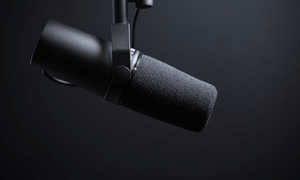
On Saturday (14 Feb), hundreds of thousands joined global protests against the Iranian government. Daniel Martin talks with Malminderjit Singh, Founder and MD of Terra Corporate Affairs.
Disclaimer: This podcast is taken from CNA.
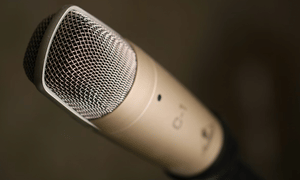
When Donald Trump returned to the White House last year, he pledged to eliminate what he called “woke” culture in America. From the John F. Kennedy Center for the Performing Arts to the Smithsonian Institution and the Stonewall National Monument, his administration has sought to reshape American cultural institutions and historical narratives to reflect its own priorities. Jonathan Freedland and the Guardian’s Washington bureau chief, David Smith, examine how Trump’s efforts to recast history and culture in his own image could affect millions of Americans.
Disclaimer: This podcast is taken from The Guardian.
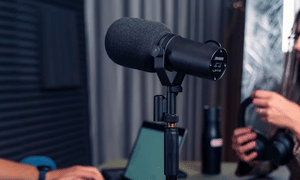
The expiration of the New START treaty has lifted the final restrictions on the nuclear stockpiles of the United States and Russia. As global arms control frameworks weaken, Russia is simultaneously strengthening military partnerships abroad, notably through a new five-year defense agreement with Myanmar’s ruling junta. This raises questions about whether Moscow now has greater freedom to act militarily and what these moves mean for global nuclear security.
Disclaimer: This podcast is taken from CNA.
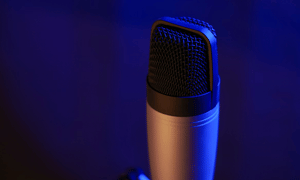
In ‘Culture Club’, Melanie Oliveiro chats with Leo Varadkar, former Taoiseach (Prime Minister) of Ireland. Varadkar, author of the autobiography “Speaking My Mind”, shares insights from a remarkable life in public service—how politics fascinated him as a child, his journey from a junior politician to Minister for Transport, Tourism & Sport, and ultimately becoming Ireland’s youngest prime minister. He also reflects on key lessons learned along the way and his experiences interacting with global leaders, including Donald Trump.
Disclaimer: This podcast is taken from CNA.


